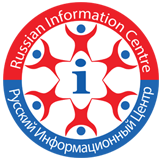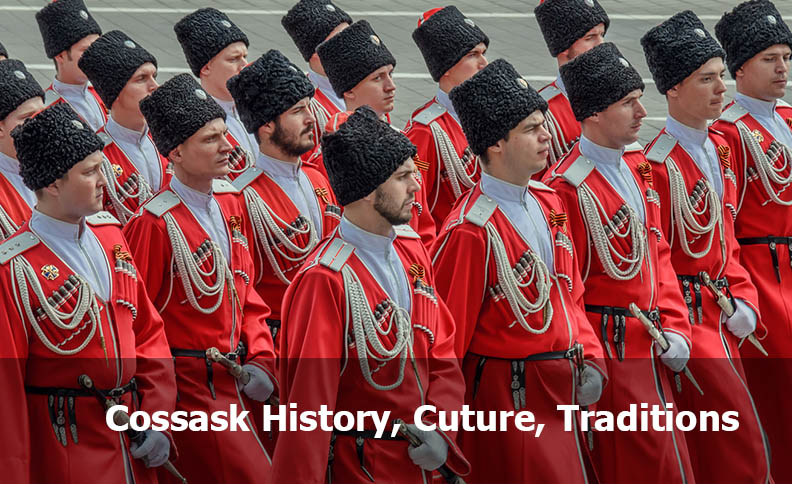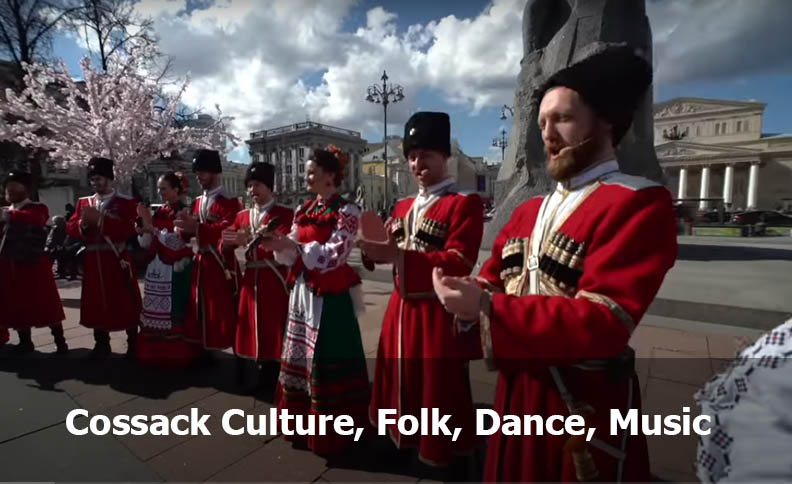Cossack village
Ethno Program
“Friendship is a custom, Brotherhood is a tradition, Hospitality is a law”
The Rules of the Cossack States: “The one who does not respect the customs of his people, does not keep them in his heart, not only dishonors his people, but, above all, does not respect himself, his family, his ancient ancestors. A Cossack cannot consider himself a Cossack if he does not know and does not observe the traditions and customs of the Cossack community.”
In the history of Russia, the Cossack have become a unique phenomenon. They represent a certain society of great Russian warriors, which at one time allowed the powerful Empire of Russia to grow to a huge size and gain a foothold on new lands, which later became full-fledged parts of the great country. Throughout the history of the Cossacks, there were many great Cossacks – pioneers and discoverers, peacemakers, true patriots of the Motherland Russia. There were also simple Cossacks – defenders of the native land, who served as an “Outpost” on the borders.
“Give me 20 thousand Cossacks, and I will conquer the whole world” – an eloquent phrase of Napoleon about the Cossacks, testifies to their glory, courage, prowess and braveness.
You can get acquainted with customs and traditions, visit the current village of Cossack community in St.Petersburg and even become one of them. Please joint one of the program that you can find on this page. Welcome to be a part of this ancient and unique culture of Cossack!
History of the Cossacks. Many modern people have a general idea that a Cossack is a warrior or a type of warrior who lived in a certain historical period and fought for their freedom. “Cossack” – in translation from the Turkic language means “free man”. There are also many pther theories, each of which explains this word quite differently, but the most common theory is that the Cossack was a free man, but armed, ready to attack and fight. Cossacks were first mentioned in the Chronicles in the XIV century… Read more
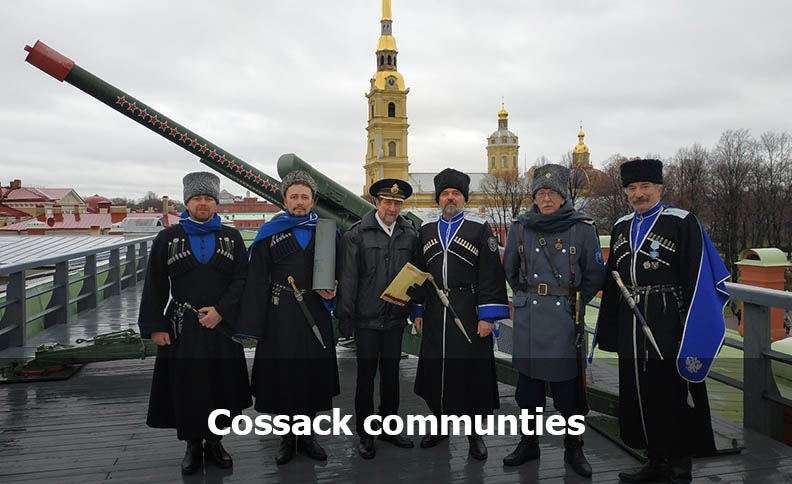
The resettlement of the Cossacks. Cossack Communities. The southern outskirts of Russia were usually occupied by runaway peasants and people looking for a better life. The Cossacks formed squads, putting their elected Atamans (head of community). They fought on the side of their neighbors, then against them… Read more
Cossack Culture, Folk, Dance, Music. With the local inhabitants of the conquered lands, the Cossacks lived in peace. Sometimes they even adopted some of their traditions and customs. They borrowed, in particular, cuisine and music, language and clothing. All this has led to the fact that the customs and traditions of the Cossacks of various regions of Russia have become seriously different from each other… Thus, the traditions and customs of the Kuban Cossacks acquired the characteristics of the peoples of the Caucasus. This caused the emergence of a unique cultural phenomenon. In the songs and music of the Kuban Cossacks, Caucasian motifs became audible. There are many examples of this. So, very similar to the mountain song and dance Cossack lezginka… See video >>
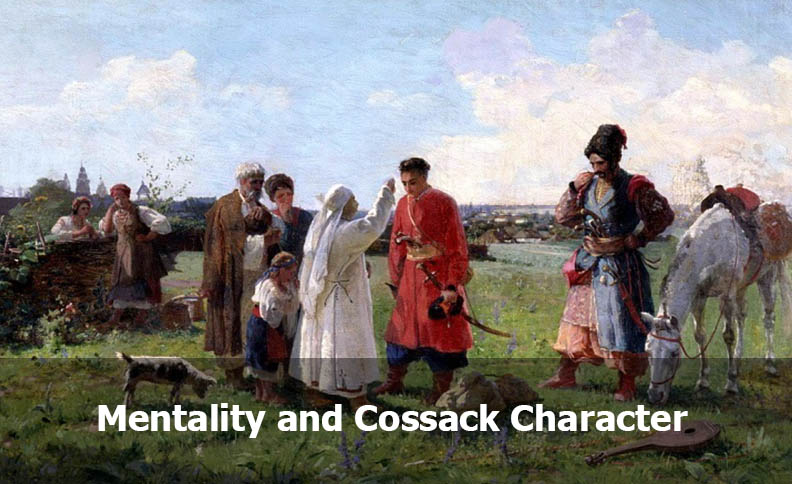
Mentality and Cossack Character. The Cossacks have always been considered a wayward, belligerent and proud people. These qualities are very good for combat. This is why belligerence and pride were welcomed within communities. The character of women was strong enough. After all, they kept the entire household when men went to war. Merciless to their enemies, these warriors were always good – natured, hospitable and generous in their environment. Cossacks have respect for their elders, love their women and their Motherland, and a desire for freedom. All these are the values without which it is impossible to imagine these brave soldiers. The character of the Cossack has always been characterized by ambivalence. Sometimes this person is funny, joking and cheerful. And sometimes-unusually silent, sad and unapproachable. The explanation is quite simple. On the one hand, these people who constantly looked into the eyes of death, did not miss even the slightest joy that fell to their lot. On the other hand, they were always poets and philosophers at heart. Adults have always taught children to observe them. Also always in this environment strictly adhered to folk customs and traditions of the Cossacks. They were considered a vital and household necessity in every family. Violation or non-observance of any custom and tradition has always been condemned by everyone living in the village or farm.
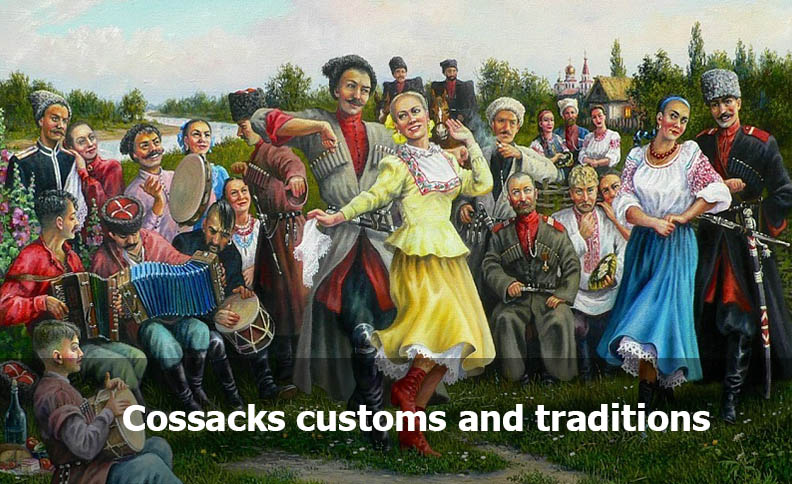
Customs and traditions of the Cossacks. There are quite a lot of strict rules and principles. And gradually in their list there were some changes. Thus, some customs and traditions were replaced by those that had disappeared. Time filtered them and left only those that most fully reflected the cultural characteristics of this society. Briefly the traditions and customs of the Cossacks can be formulated as follows:
- Respect for the older generation
- Honoring of guests
- Respect for a woman (wife, sister, mother)
Let’s look at some of these dogmas in more detail.
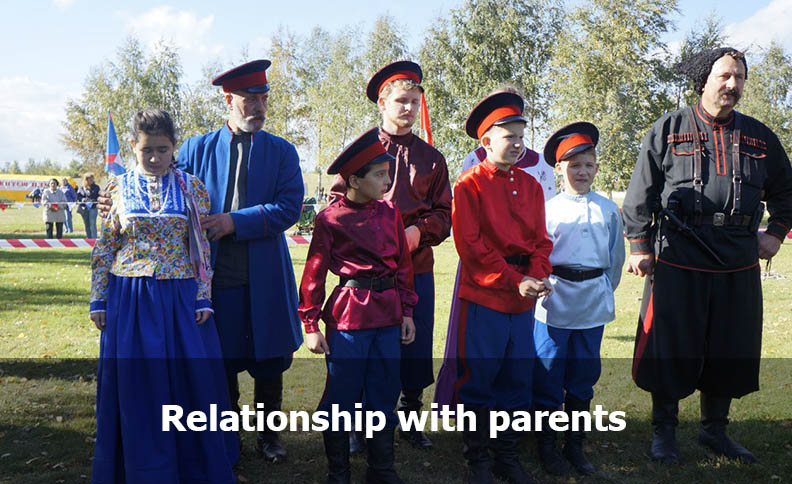
Relationship with parents. Reverence for the older generation has always been for the Cossacks not only a custom, but also an internal need. It was manifested in the care of a son or daughter for their parents, as well as for the godmother and godfather. The task of the godmother was to help parents prepare a Cossack girl for married life. She taught her to work, thrift, needlework, and housework. The main duty of the godfather was to prepare the little Cossack for service. At the same time, the demand from him was greater than from his own father.
Traditions and customs of the Cossacks are such that the authority of the mother and father for young people was considered unquestionable. They revered their parents so much that without their blessing they did not make decisions on the most important matters and did not start any work. This custom has been preserved to this day. Disrespect for parents was considered a great sin. No decision was made to start a family without their consent. And when studying the traditions and customs of the Ural Cossacks, the fact that parents, as a rule, themselves chose a bride for their son. Moreover, the couple parted very rarely. In the Cossack environment, divorce is not accepted.
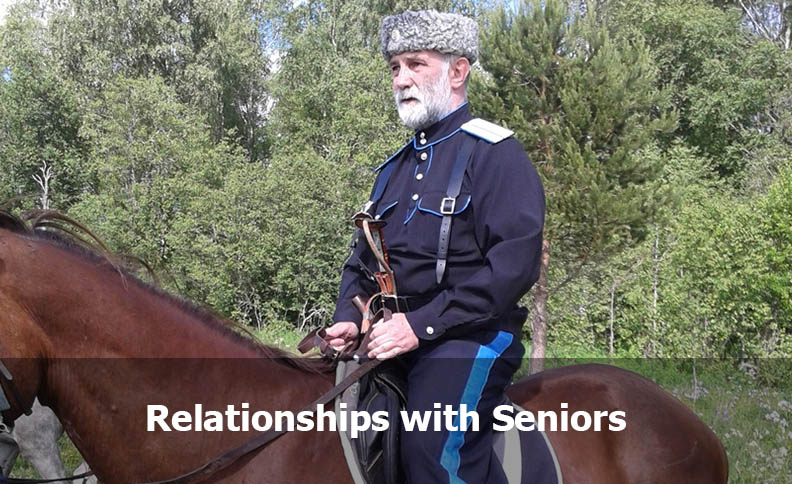
Relationships with Seniors. In the traditions, customs and culture of the Cossacks, respect for the years lived has always been traced. Young people have always revered their elders. They paid homage to people who have suffered many hardships and are no longer able to stand up for themselves due to the onset of infirmity. At the same time, the younger ones always showed restraint in relation to older people. They took care of the elderly and were always ready to help them. In addition, the customs of the Cossacks required compliance with certain rules of etiquette. Thus, when a person of advanced age appeared, everyone stood up. The uniformed man put his hand to the brim of his headdress. Young people without uniforms took off their hats and bowed. Smoking and sitting not allowed in the presence of an older person. It was also forbidden to talk (without his permission), and even more so to use obscene language.
Respect for the elders was instilled in the child from an early age. There was a similar gradation between children. The older sister was particularly respected. For the rest of her life, her younger siblings called her “nanny.” After all, the eldest daughter always replaced the mother who was busy with the household.
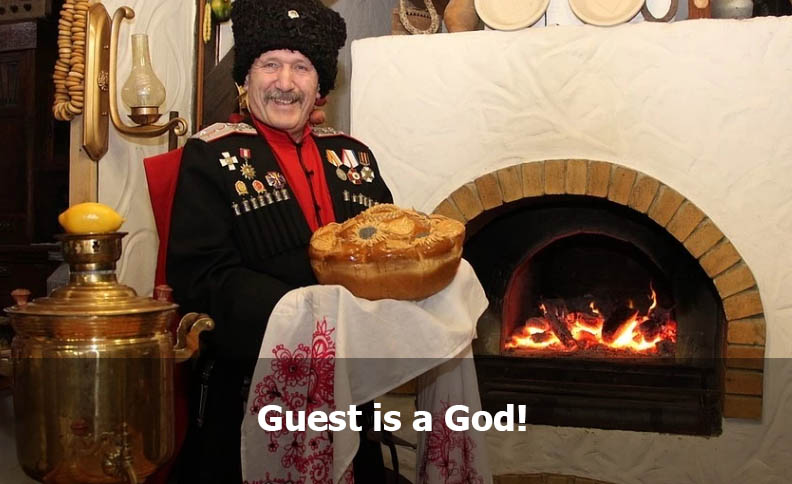
Guest is a God! A man who came to house was considered a messenger of God by the Cossacks. At the same time, the most welcome and valuable guest is a stranger who has come a long way from far places and needs shelter, care and rest. Cossacks contemptuous of anyone who did not show proper respect to the stranger. No matter how old the guest was, they were always given the best place to rest and eat.
It was considered indecent to ask this person for three days about the purpose of his visit. Even the old gave their place to the young, if it was a guest. According to the customs of Cossack, never took food with them, when he was traveling. After all, in any village, there is always relatives, nepotists, matchmakers or just colleagues who were sure to meet, feed and give them shelter for the night. Such customs have been preserved to this day, and the Cossack hospitality has not undergone much change.
In the tradition of representatives of this society, there has always been an extraordinary honesty. It was even believed that anyone could leave money on the street without fear that it would be stolen.
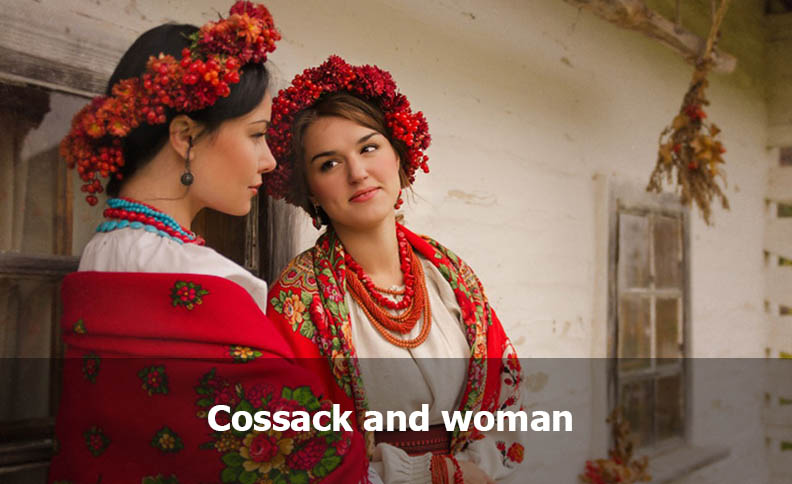
Cossack and woman. In family life, the relationship that existed between the wife and husband was determined by Christian teaching, which States: “Let the wife fear her husband.” At the same time, the couple always adhered to the age-old traditions of the Cossacks. And they said that it was wrong for a man to interfere in a woman’s Affairs, and Vice versa. All family responsibilities were strictly regulated by life itself. Whatever the nature of a woman, she should be treated with respect. After all, a women is the future of all the people and nation.
The customs of the Cossacks did not allow the presence of a woman at the gathering, even to solve personal issues. The Ataman, godfather, elder brother or father interceded for her. Among the Cossacks, women enjoyed such respect and reverence that it was not even necessary to grant them the rights of men. The Cossacks women were not allowed to cut their hair or wear men’s clothing. In public, the husband and wife showed restraint with some elements of aloofness.
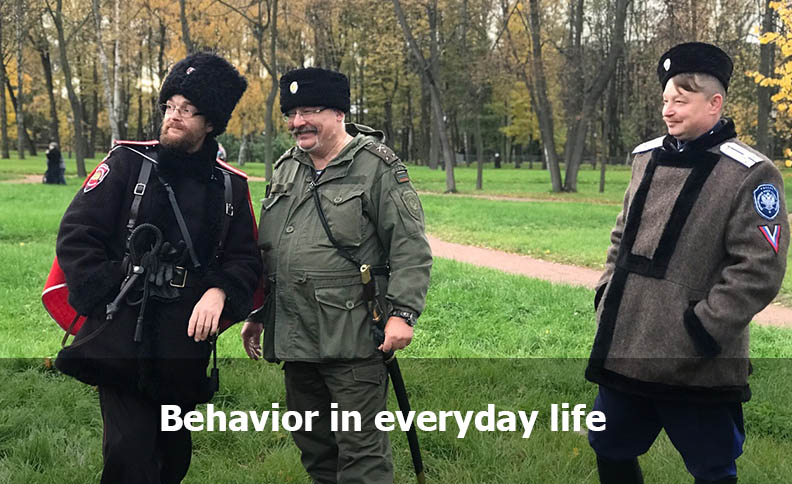
Behavior in everyday life. Another characteristic of the Cossacks ‘ temperament – warriors accept their clothing as a second skin. They kept it, like own body, neat and clean. At the same time, the Cossack never wore clothes from someone else’s shoulder. These people were very fond of socializing and feasting. They didn’t mind drinking, but they never got drunk.
With pleasure, the Cossacks sang songs and danced. At the table, gorilka (vodka) was never poured. It was brought to each person sitting on a tray. Grabbing “extra” just bypassed or sent to sleep it off.
Among the Cossack customs were other features of life. All of them are generated by existing conditions of life. For example, a Cossack never appeared on the street on the arm of his wife. And it could also be explained by concern for the woman. After all, in the battles, the Cossacks suffered losses, which were sometimes significant. And it is simply impossible to imagine that a man will walk down the street with his wife in his arms, and they will meet a young Cossack woman who has lost her husband. What will happen to the widow’s soul? For the same reason, the Cossack never appeared on the street with a child in his arms.
For a long period in the customs of brave warriors, there were male conversations. They were parties without women. In the same way, the Cossacks women gathered without a men. When they celebrated something together (weddings, name days, or christenings), they sat on different sides of the table. This was necessary so that the drunk Cossack did not take liberties with someone else’s wife, and others did not use weapons.
The cult of Goodies and gifts was also very popular among the Cossacks. Without them, no man ever returned from a long hike.
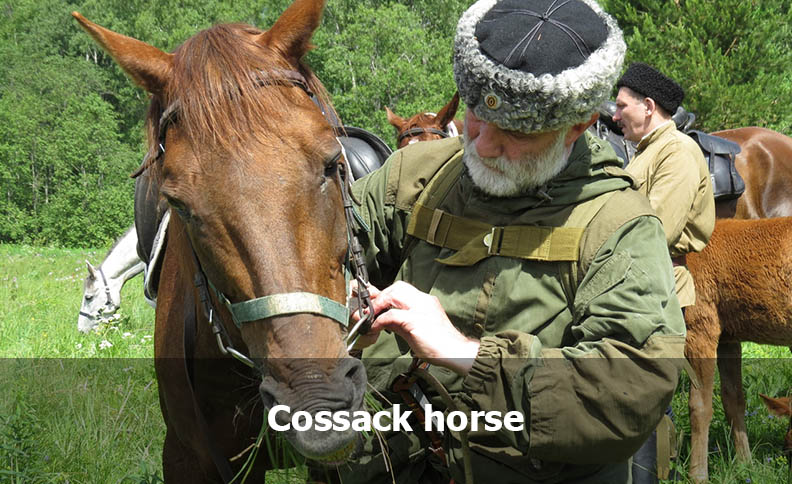
Cossack horse. In the customs of the Ural warriors, it was not customary to go to war on a Mare. Terek Cossacks, when they left the house, sat on a horse, which was saddled and led by their mother, sister or wife. These women then met a man.
When the Cossack dies, and escorted to his last journey, a war horse covered with a black cap immediately followed his coffin. The owner’s war weapon was strapped to the animal’s saddle. And only after the horse were the relatives of the deceased.
Don Cossacks have a custom since ancient times: when going on a war, take a little native land with them. And you only need to type it from certain places: either near the Church, or on the grave of your parents, or in the courtyard of your home. This land was sewn up in a bag, which the Cossack hung on his chest near the cross.
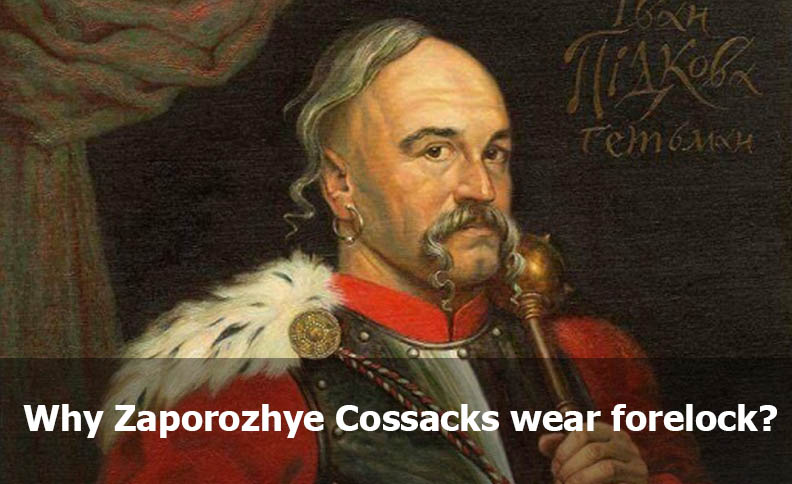
Long forelocks were worn by mature Cossacks who smelled gunpowder and showed heroism on the battlefields. For the young, just beginning to pass the baptism of fire, this hairstyle was forbidden. Forelocks were not only an element of the Cossack image, but also an important attribute related to the Cossack legend. It was believed that the Cossacks, who had take way many lives in battle and committed many sins, were sentenced to “burn in hell” after death. Therefore, there was a belief among them, thanks to which the Cossacks firmly believed that the forelocks would help them avoid an evil fate: namely, using hisforelock, the merciful Lord would still pull the poor man out of the hell’s flames.
By the way, young Cossacks were called “Jura” and usually cut “under the pot”. Hairstyle “shortened” gradually in the process of training in military skills and the accumulation of combat experience. The most shameful punishment for a Cossack was to shave off his forelock.
At the same time, the forelock had to be worn so that it fell to the left side. This was necessary in order for the hair to brush off the evil force that allegedly sat on the Cossack’s left shoulder and tried to push him to godlessness. The forelock was a distinctive feature of a real Cossack who did not forget about faith and realized all his unrighteous actions. That is why the Turks often cut off the long forelocks of captured Cossacks, so that their faith was shaken, and salvation from hell could not be expected.
Earrings made of silver in the form of a Crescent, the Cossacks also did not wear for fun. They carried information about the social status of the warrior. For example, an earring in the left ear meant that the Cossack was the only son in the family. And when the earring was worn in the right, it indicated that its owner – the last man in his family.
